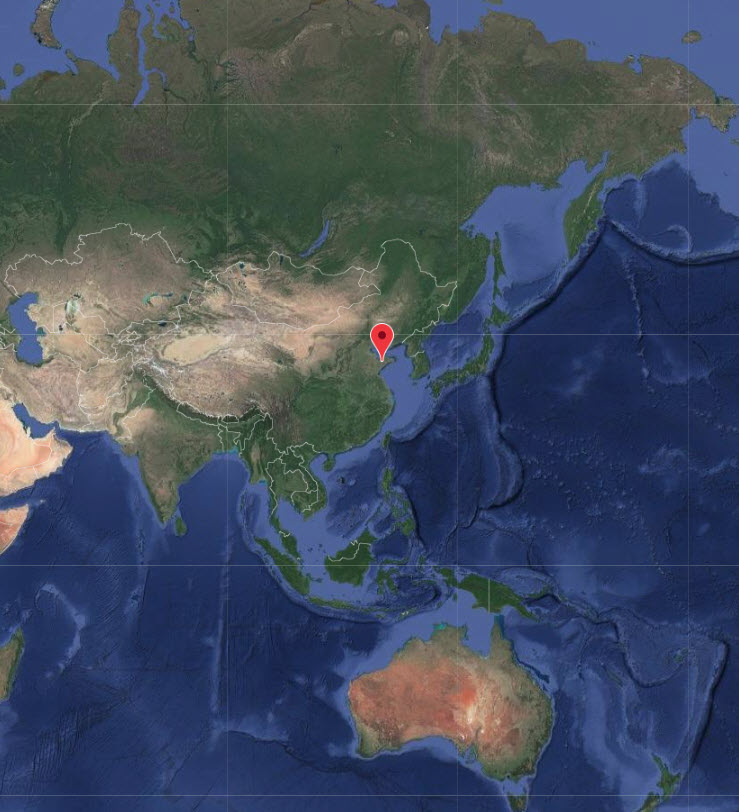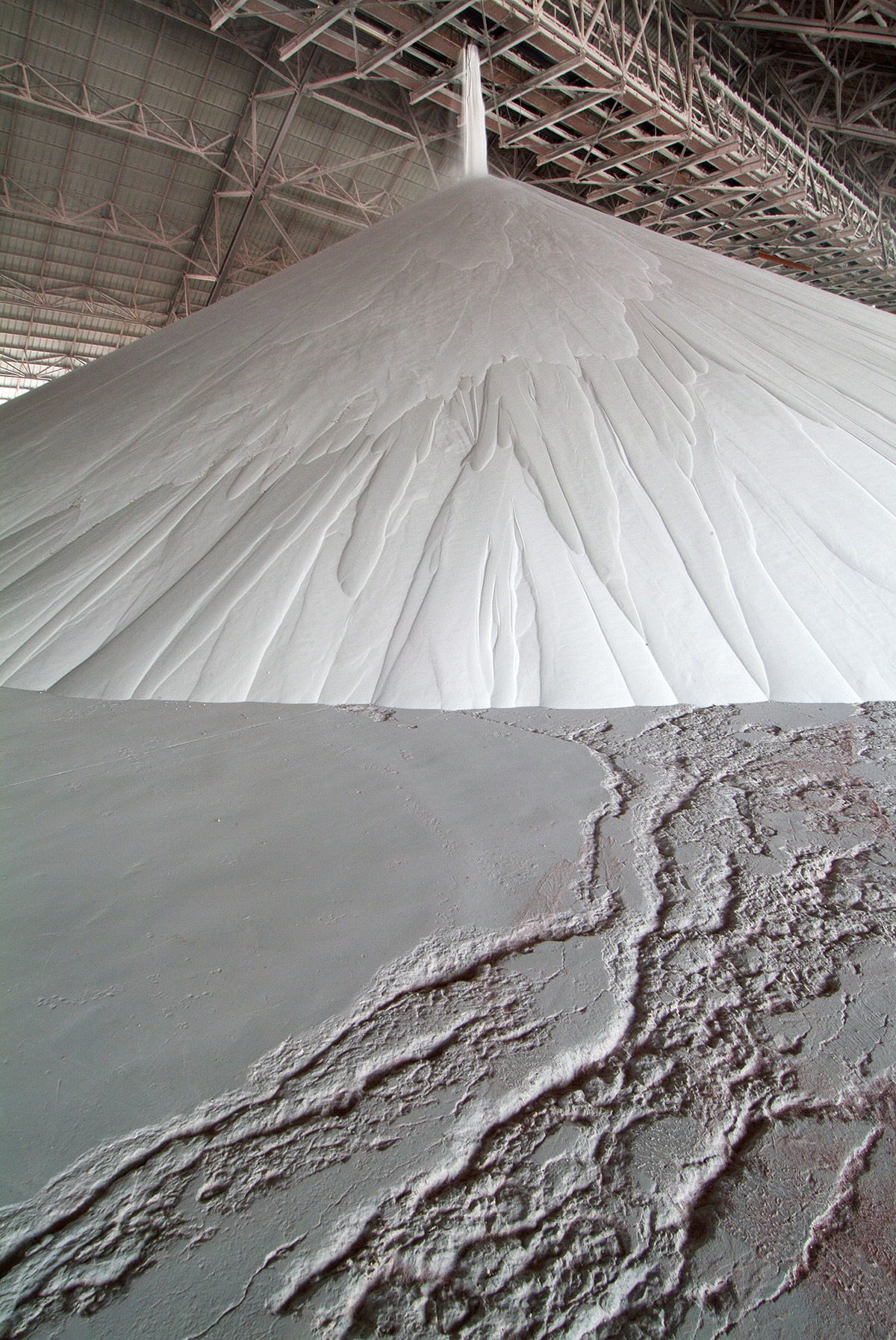Air Quality
ICL strives to continuously improve its environmental footprint. Reducing emissions to the air is a central goal of ICL’s environmental strategy. ICL regularly monitors emissions of pollutants in order to better manage our operations. ICL is taking steps to reduce air emissions by implementing innovative emission prevention solutions and switching to cleaner fuels. \
Air pollutants include substances, gases, and particles in the air, whether from natural sources or the result of human activity. Human endeavors, such as energy generation, industrial and agricultural activity, and transportation are responsible for generating the majority of air pollutants. Common pollutants in our industry are nitrogen oxides (NOx), sulfur oxides (SOx), particulate matter (PM) Volatile Organic Compounds (VOC) and others.
Since 2008, ICL has lowered SOx emissions by 42%; NOx emissions by 84% and PM emissions by 66%.
Maintaining air quality at our production sites, as well as reducing emissions to the air, is a central goal of our environmental strategy. The typical materials emitted are mainly inorganic compounds and particles and a minority of volatile organic compounds. We regularly measure our emission of pollutants in order to better monitor and locate uncontrolled emissions in accordance with the law and conditions set in our business licenses, through our use of accepted technologies. Moreover, we are taking steps to reduce air emissions of various pollutants in different ways, such as implementing innovative emission prevention solutions and switching to cleaner fuels.
Note: In the charts below, 2008 appears as the base year used by ICL to measure our long-term performance (in addition to short-term, year by year performance). Data below is comprised of emissions from point sources.
Sulfur Oxides (SOx)
Nitrogen Oxides (NOx)
As a result, since 2008, we have reduced our SOx emissions by 42%; our NOx emissions by 84% and our PM emissions by 66%. Moreover, PM emissions have been reduced by more than 99% compared to 2005. The most prominent cause of these reductions is our transition to natural gas use at ICL Israel.
Suspended particulate matter (PM)
Volatile Organic Compounds (VOC)
Increases in NOx and VOC emissions were recorded in 2017, mostly as a result of the start of operations of the new power station at ICL Dead Sea. This trend is expected to increase with full operation of the power plant in 2018. However, these emissions are an unavoidable consequence of increasing self-production of electricity, and replace indirect emissions by external power plants. Due to the full reliance on natural gas and the high efficiency of the new plant, we expect these added direct emissions to be lower than the avoided indirect emissions.
SOx emissions are heavily dependent on the operation of the sulphuric acid production plant in ICL Rotem. Reduction measures for this facility are planned to be introduced in the coming years. These emissions have slightly increased absolutely in 2016-17 with the insertion of YPH to the database- but have also significantly decreased in relative terms of SOx per total phosphate production.
PM emissions (both absolute and relative per phosphate production) have been reduced in 2017, due to a decrease in measured emissions in Rotem. Rotem emissions are expected to reduce further in upcoming years due to usage of new reduction technologies, as part of the implementation of the clean air act in Israel.
We expect our air emissions to continue to decrease in the next few years.
SOx emitted per production
NOx emitted per production
PM emitted per production
Reducing Air Emission in Neot Hovav
ICL Industrial Products operates advanced monitoring and detection methods to identify malfunctions in its plants’ operation and emissions’ treatment systems, such that before a malfunction occurs the facility's manufacturing activities are halted. In addition, integrated pollution prevention and control (IPPC) methodologies are also applied, which provide guidance regarding all of the techniques for preventing and monitoring emissions into the environment. The main actions taken by ICL Industrial Products in the area of air quality are:
- Improving recycling and recovery of solvents and other organic materials emitted into the air via activated charcoal systems;
- Investing in catalytic oxidation technologies that reduce volatile organic compound emissions and are in compliance with advanced values in accordance with the BAT;
- Installing and upgrading of absorption systems in the inorganic systems sealing of diffused emissions in the loading and unloading areas.
- Ongoing efforts in the LDAR program – control and treatment of fugitive emissions with the assistance of a European company.
As we continue to implement Israel’s Clean Air Act in our Israeli sites, we expect our overall air emissions to continue and decrease.





